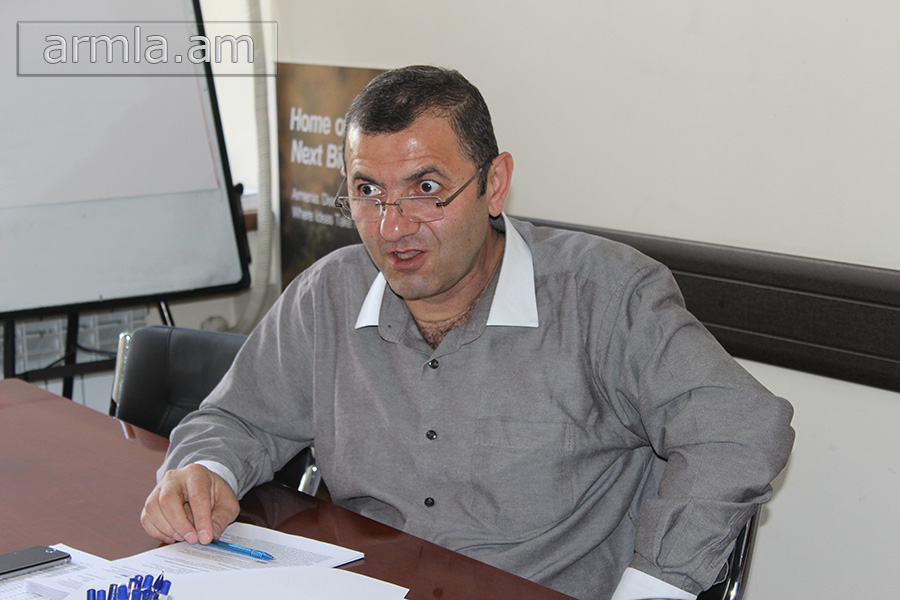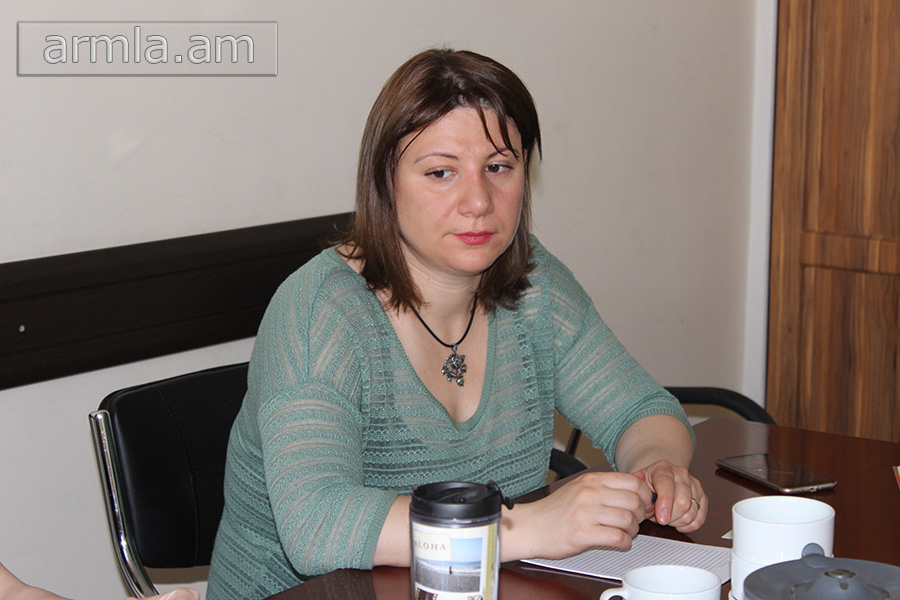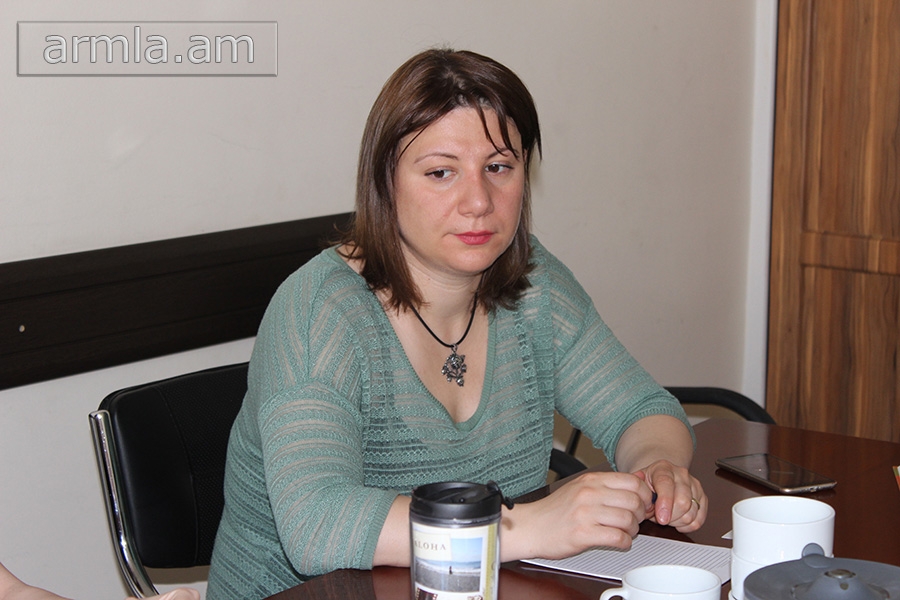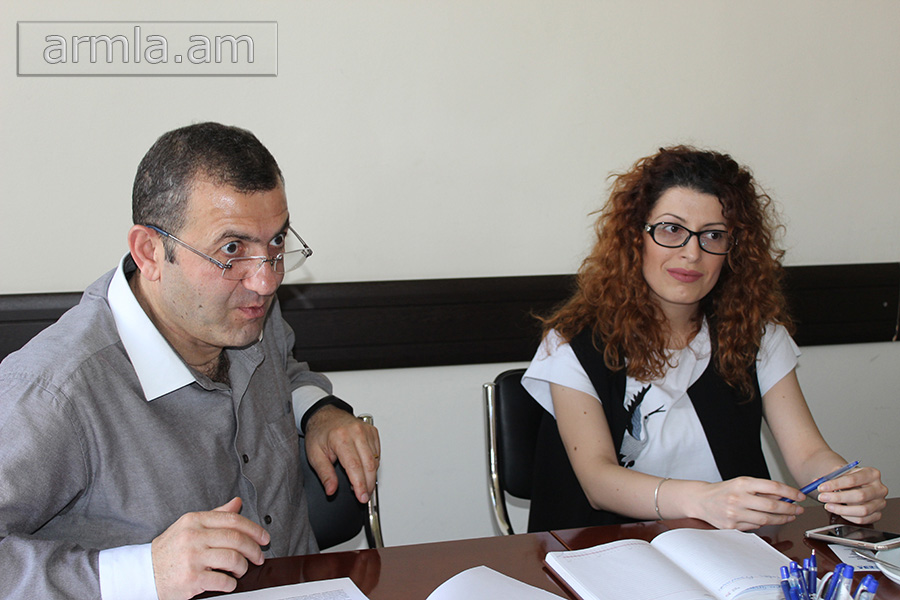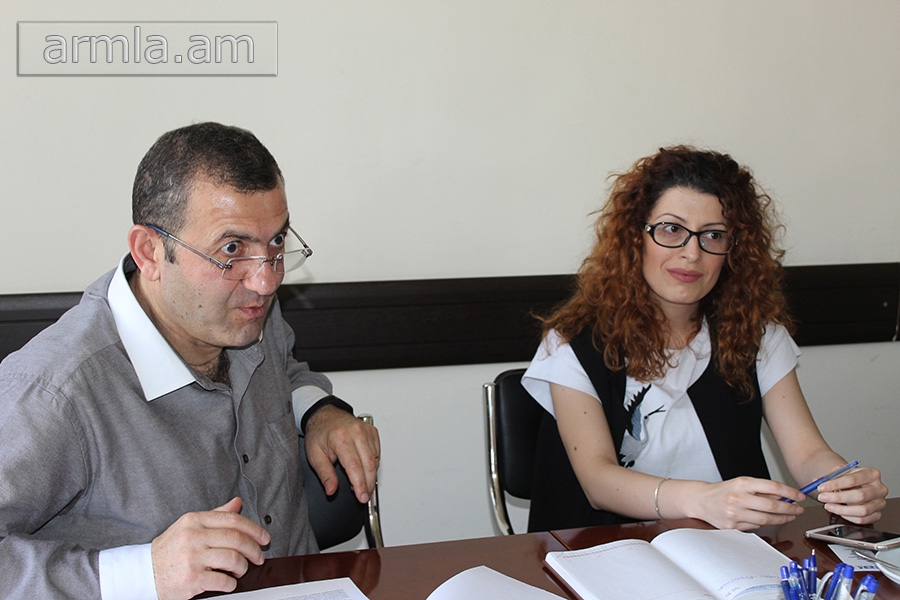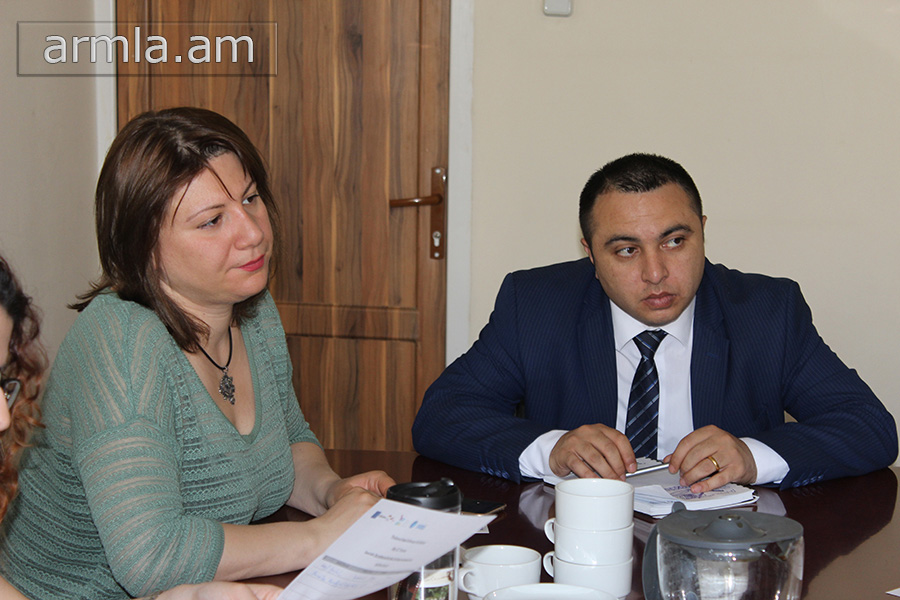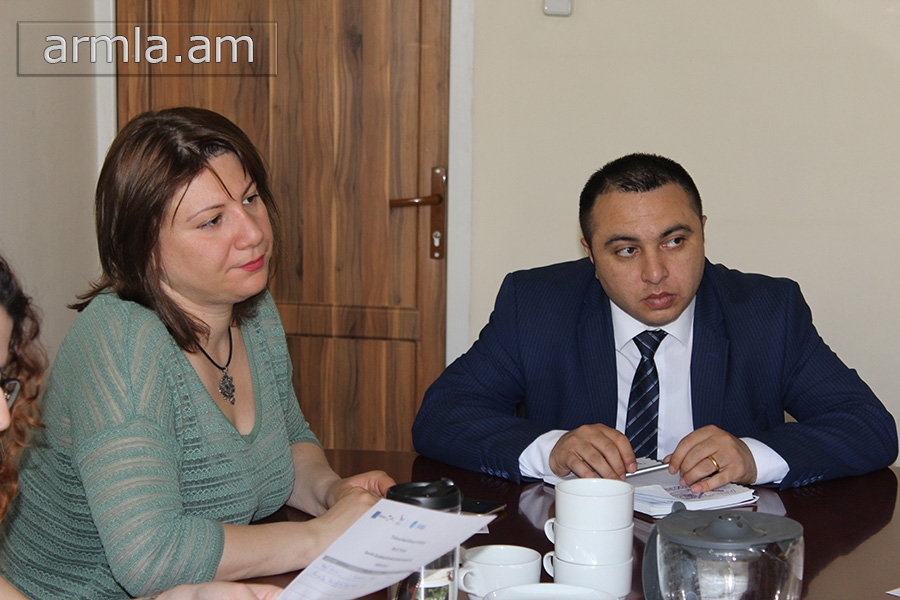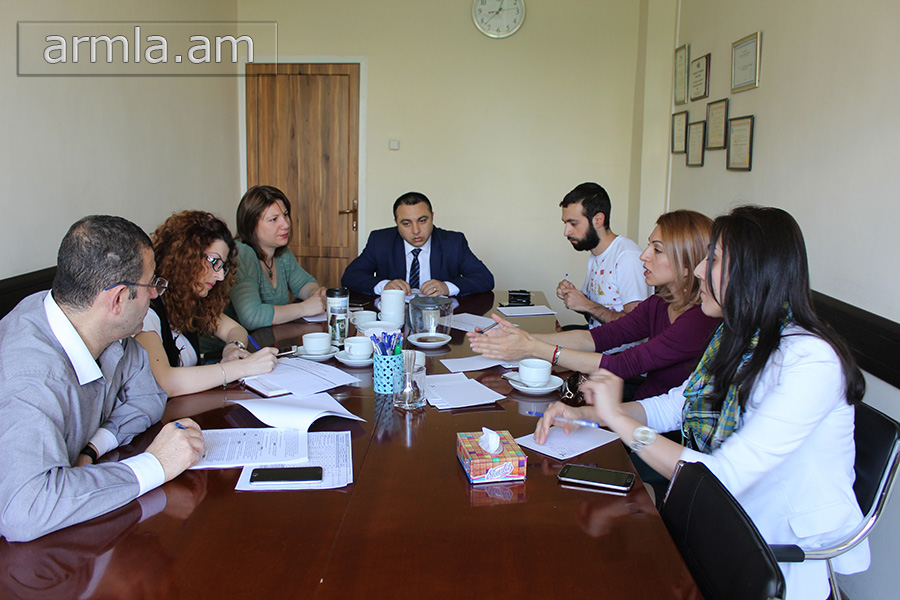
There are some problematic provisions and norms in the Law on Public Procurement, which can affect implementation of more effective competitive procurement procedures. Today’s round table discussion, which was organized in the scope of “Evidence-based Advocacy for Reforms” project was aimed at revealing the problems existing in the sector. Representatives of the project implementing organizations and business structures attended the discussion.
According the participants currently there may be two main reason for refusal to participate in the public procurement process; the paperwork (though now the procedure has been simplified, but still there are a lot of requirements), and uncertainty regarding the procurement procedure – there is skepticism that the winner is determined in advance and they will waste useless resources by participating in the competition.
Under the new “Law on Procurement”, the appeal board consists of three members. During the discussion, there were opinions was that the Board better have more members and include representatives from different sectors, including representatives from CSOs.
The issue of the suspension of the procurement process related to the termination of the purchase request were also raised. In this case the participants in the tender might also face a fact.
Another important issue is that sometimes the requirements for the applicants are so complicated that only specific companies/persons may meet those requirements; in other words, a direct opportunity to win the tender is given to specific individuals.
It should be noted that it is planned to organize an event on the current problems in public procurements sector soon, where recommendations to reduce the risks would be presented.
This project is implemented in the frameworks of “Support to SME Development in Armenia” (SMEDA) project. (SMEDA) project is co-funded by the European Union and the German Federal Ministry for Economic Cooperation and Development (BMZ) and implemented by GIZ Private Sector Development in South Caucasus Programme. SMEDA is part of the EU4Business and EU4Innovation initiatives of the European Union.
This article has been produced with the assistance of the European Union. The contents of this publication are the sole responsibility of the Consortium and can under no circumstances be regarded as reflecting the position of the European Union.

